Dedication to digital education in Bangladesh: Meet Shajan
We love hearing from members of the community and sharing stories of amazing young people, volunteers, and educators who are using their passion for technology to create positive change in the world around them.
Today, we introduce Shajan, a digital storyteller and senior business advisor at the BBC, whose extraordinary personal and professional journey has led him to champion digital literacy for young people in Bangladesh.
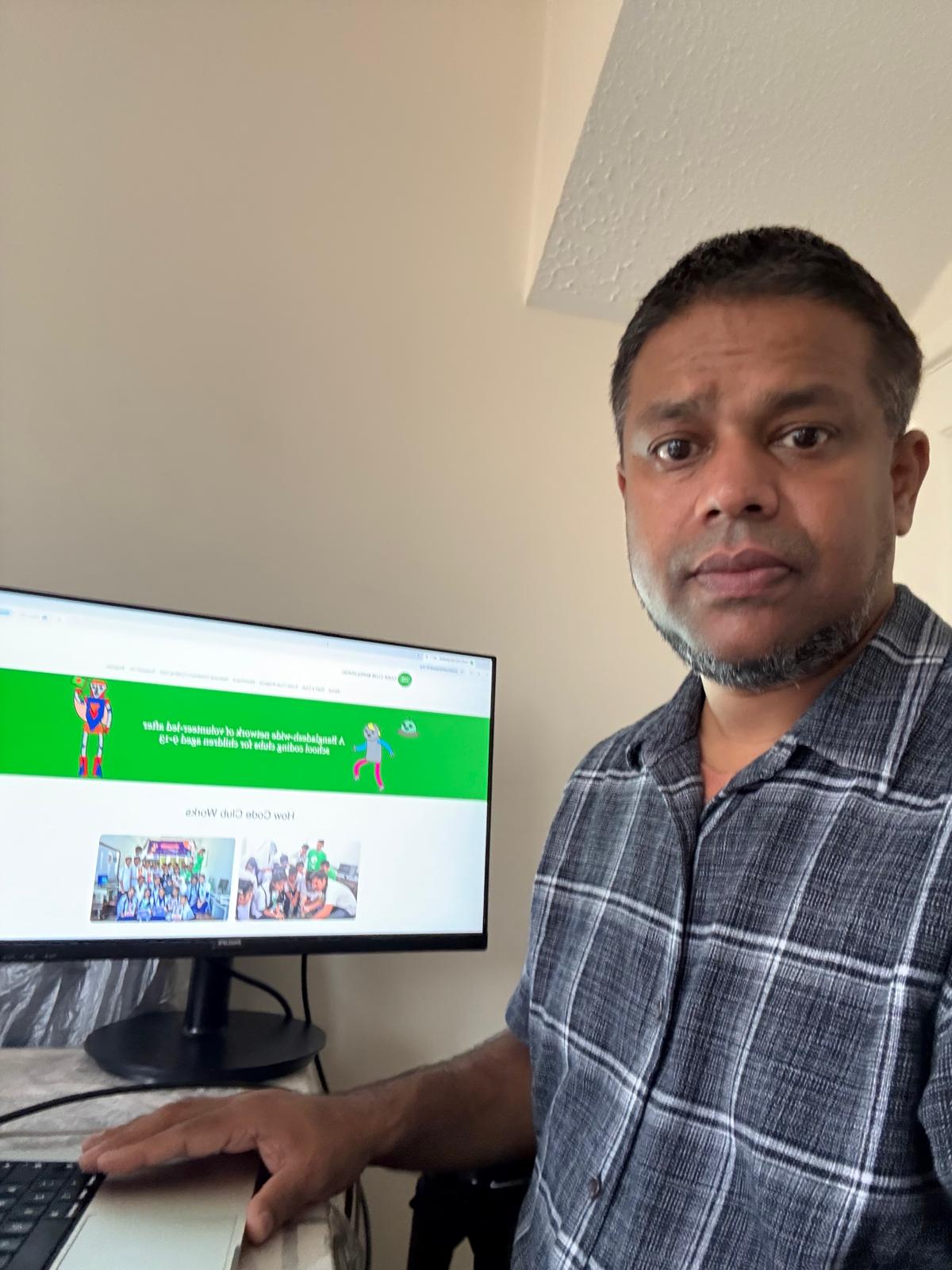
Family roots in Bangladesh
Shajan is British-born, but his roots deeply connect him to Bangladesh. This connection was instilled by childhood holidays to Bangladesh, as well as his late father, who emigrated to the UK in the 1960s but always encouraged Shajan to maintain ties with the community he left behind. Shajan’s pull towards Bangladesh intensified after his father’s passing fifteen years ago.
“I always thought I’d like to do something, carry on the work he left behind with efforts in building schools and supporting his local community.”
The memory of his sister Khela, who passed away at just 12 years old while in Bangladesh, also motivates Shajan. He says, “She was a really creative person, really into her arts and crafts and learning.”
Khela’s loss fuels Shajan’s desire to do something specifically for the young people of Bangladesh, connecting with their potential for creativity and learning.
Setting off on a new path
Shajan’s 15 years of working for the BBC led him to discover the power of digital education. In 2015, he project-managed the BBC’s “Make It Digital” campaign, a UK-wide initiative addressing the National Digital Skills Gap.
As part of this, he led partnerships with organisations like Code Club.
“That experience showed me how digital tools could unlock creativity in young people and build their confidence.”
During his visits to Bangladesh, Shajan observed a widening digital divide. Young people, especially in rural areas, lacked access to basic internet and computers. Teachers faced heavy workloads, and many students needed to pause their education to support their families. Seeing no equivalent to Code Club in Bangladesh to inspire young people, Shajan felt he had to act. Before he knew it, he was requesting a six-month career break.
“I said, ‘This is what I always wanted to do. If I don’t do it now, I will miss the opportunity.'”
With the support of both the BBC and Code Club, Shajan packed his bags and moved to Dhaka, the capital city of Bangladesh.
Creating a movement
Shajan’s initial goal was to raise awareness and build a sustainable model for Code Club in Bangladesh. Recognising that teachers needed support to run clubs, Shajan’s strategy was to engage university students as volunteers. He organised a national coding festival, leveraging these student volunteers to connect with schools and prepare young participants for a Scratch-based project challenge. The event received lots of media attention, encouraging interest and inspiring a new generation of coders.
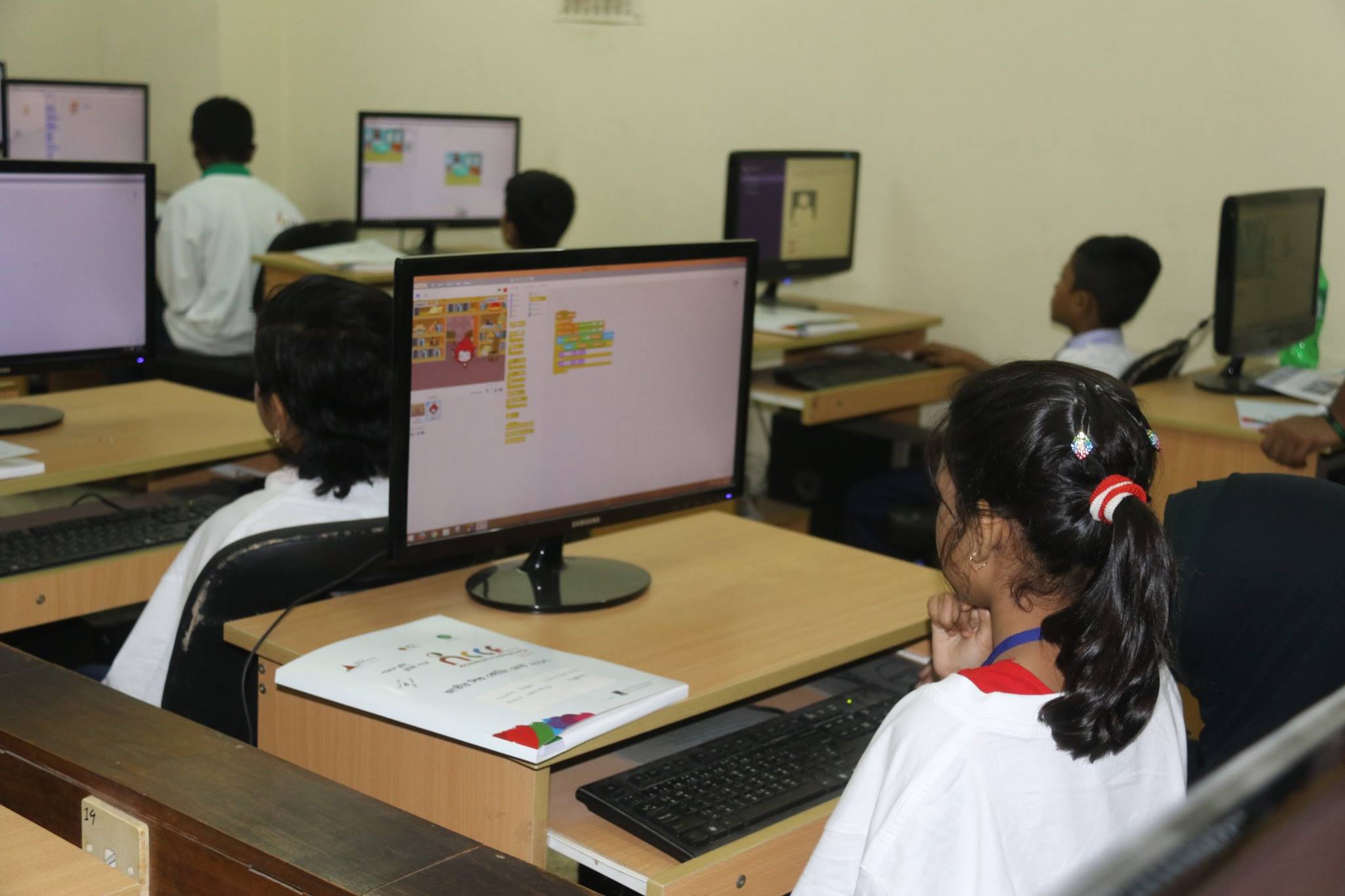
However, there were some hurdles that had to be worked around, including unreliable internet connections, limited access to computers, and unstable electricity supply. Beyond practical challenges, Shajan faced a crucial mindset shift.
“Not everybody’s convinced yet that their children should be doing coding. For many families, generating immediate income takes precedence over digital education. Balancing the need to put food on the table with the long-term benefits of coding remains a constant battle.”
Despite these obstacles, Shajan’s efforts proved successful. Some of the creators from the 2016–2017 classes, now in their twenties, have pursued computer science and now share how Code Club helped them on their paths. He also organised an incredible exchange program, bringing creators and mentors from Code Club South Korea to Bangladesh for a seven-day visit. Despite not sharing a language, creators connected through the language of code, an experience Shajan describes as inspiring for the young people and adults alike.
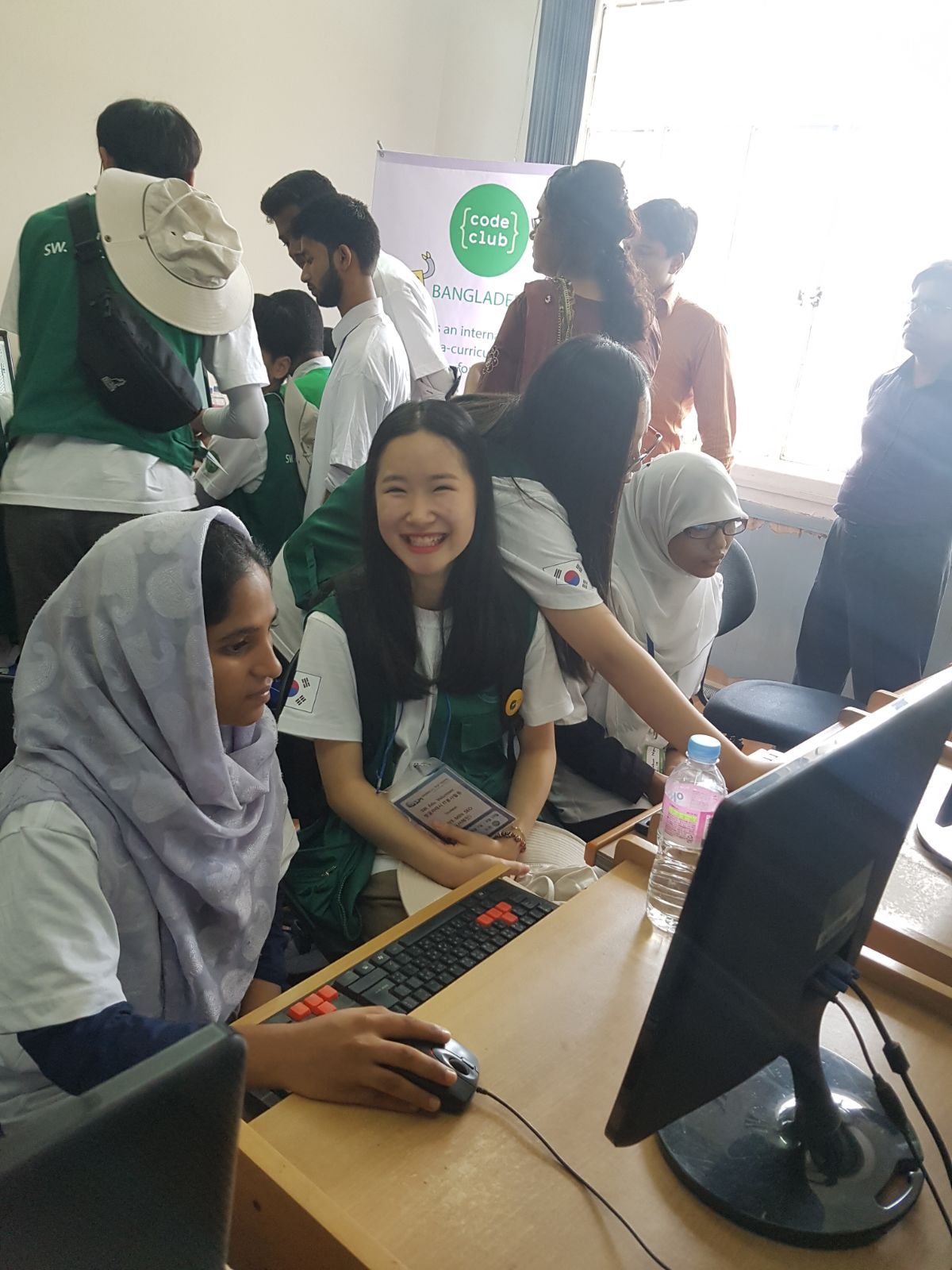
A new chapter
Shajan’s focus now is to launch a Coolest Projects event in Sylhet, the place his father was born and a region he wants to focus on before taking Coolest Projects national as well.
He is actively engaging with teachers and student volunteers across the city, with strong support from Nooraiya Khan, an ICT Lecturer with a background in computer science. Nooraiya is working hard with Shajan to co-lead all Code Club activities in Bangladesh, bringing valuable expertise and shared passion to the movement.
Shajan believes the current digital landscape offers new opportunities. He is a strong advocate for the role of artificial intelligence (AI) in education, viewing it as a way to help bring opportunities to all young people. He plans to introduce AI-focused Code Club projects to Bangladesh, ensuring the next generation is prepared for a future driven by technology.
For Shajan, Code Club Bangladesh is “for everybody”. He wants to ensure that no child, especially girls and those from underserved communities, is left behind. He would welcome anyone interested in helping the young people of Bangladesh, including teachers, educators, tech professionals, and government bodies, to join Code Club Bangladesh’s journey.
If you’d like to support young people in your community to explore coding, why not start a Code Club? The team will support you every step of the way with resources, training, and a collaborative community.
Find out more on the Code Club website.



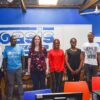
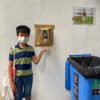
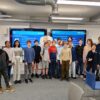

No comments
Jump to the comment form